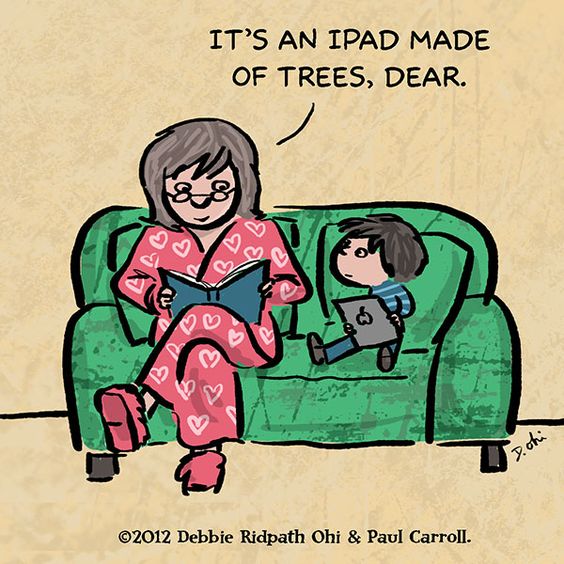Commencing RMAV, I had little to no experience in radio presenting or production. Fully aware of my lack of practical knowledge and experience in this field, I elected the RWAV studio in hope of presenting myself with a challenge. Now writing my final assignment for this class, if anything I can at least know with absolute certainty that I get a HD for this!
Throughout the research, planning and production our RWAV shows and our feature, Aisha, Pat, Laura, Amalina and I were able to successfully complete our shows through continuous communication and a balanced delegation of roles and responsibilities. Using Facebook as our main platform for communication, the five of us were able to easily organize meetings whilst also keep each other up to date with our individual roles. This became an essential tool for the efficient functioning of our group due to indeterminate nature of live radio in which results from the innate dependence on other people for content. Updates of tasks required for the RWAV pre-production and progress of the feature were regularly posted on Facebook, preventing any members of the group from being uniformed or feeling left out of decision making opportunities. The use of the program Google Docs also enabled the group to collaborate in an efficient manner, as we were all able to access documents both from RMIT and home whilst also providing a platform where group members were able to contribute equally.
In my role as presenter for our first show, I had no reservations about my ability to talk but rather in how exactly those words came out. I was very conscious both in our run through’s and live on air that I have a tendency to talk too fast. However, in listening back to our first show, I felt as if I struggled to find the balance in my pace. Whilst I do understand this is something that is strongly attributed to experience, this is something I hope to work on throughout my future shows. Throughout my experience as a presenter, I was also exposed to situations in which I had to ‘think on my feet’ and act quickly. This occurred during the interview with Keren Dando when she recited the Lupus Foundation phone number live on air, almost as if she was reciting the number to us privately to write down. This wasn’t something that we had planned for and was also quite awkward on air. However, despite this we Pat and I had no choice but to mould it into the show as if we saw it coming a mile away. A similar situation occurred when we realized that 45 minutes into the show, we had almost wrapped up all the content we had planned. Due to a miscalculation of the running sheet, this left us with 15 minutes that needed to be filled. At this point in the semester, Pat and I did not know each other too well and were not confident in having a ‘chat’ for a few minutes or in coming up with an alternative segment. However, we tried to drag out our outro by adding in more information for listeners yet for most of this time we had little option but to fill it with songs.
Now wrapping up the twelfth week of the semester, two shows, one feature and probably close to 200 Facebook chats later, if we were presented with this situation again, I now feel confident we would be able to produce a more relaxed resolution. Furthermore, I have also came to realize that cross checking of the running sheet between presenters and the producer is a very good habit to get into.
Throughout my experiences in RWAV, I have also significantly developed my interview skills both in the delivery of my questions and in the type of questions asked. In conducting the live interviews on our first show, I was amazed at just how quickly time flies when you’re interviewing a subject. As a result of this I have learnt to eliminate ‘fluffy’ questions that lack depth or investigation into the topic at hand. From this I summaries two reasons, first and for-most, you simply do not have the time to be asking 101 different questions and secondly, with the sea radio and music options now available to listeners, be it through radio stations or digital streaming services, you cannot afford to be discussing content that will no substantially engage listeners. Furthermore, I realized that this is the whole point of introductions! Rather than jumping straight into the interview, next time I would like to provide listeners with a few sentences about what exactly the topic is and why it is necessary to be discussed on community radio in order to give listeners more context to the interview.
During both our RWAV show and our feature, each group member’s strengths were embraced to not only advantage the outcome of our final pieces but to also provide new skills to others in the group. Throughout the production of the feature, the presence of all five group members was not always necessary. During this time, the workload was balanced by arranging alternating days for tasks to get done whilst accommodating everyone’s busy schedules. The collaboration on the RWAV shows and the feature not only enabled an efficient working environment but also provided a useful opportunity to consolidate my own knowledge by teaching new skills in addition to learning new skills along the way.
Upon reflecting on my experiences in the RWAV studio I have been able to identify my mistakes but also consolidate my strengths. I can now acknowledge the growth I have experienced since I began in week 1 and feel confident that I have established fundamental industry relevant skills in research, interviewing and production.

